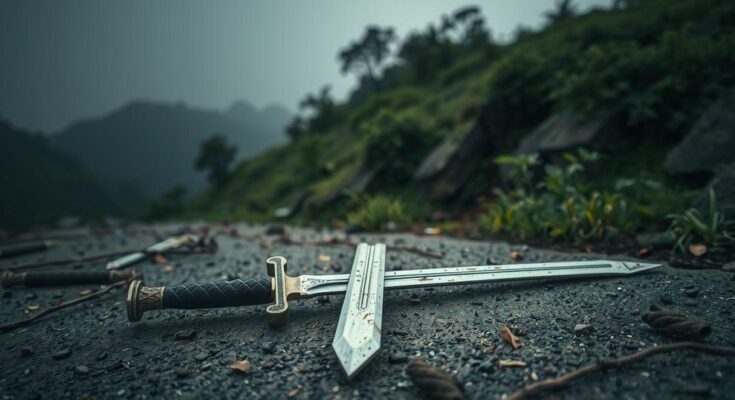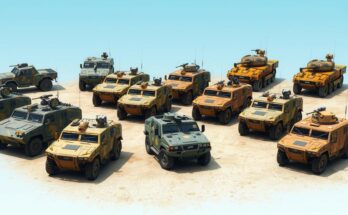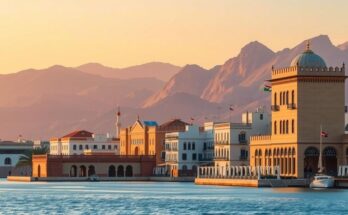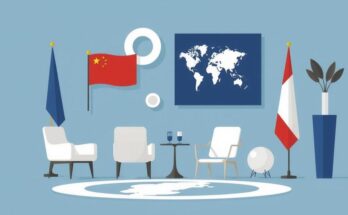The conflict in eastern DRC stems from a blend of ethnic strife, regional rivalries, resource exploitation, and foreign intervention. It primarily affects the Tutsi population, who face discrimination. The M23 rebels fight for their community’s rights as they grapple with historical grievances and survival. The region’s rich mineral resources further complicate the situation, attracting international powers and multinational corporations, exacerbating violence and displacement among civilians.
The conflict in eastern Democratic Republic of Congo (DRC) is multifaceted, marked by a deadly intertwining of ethnic issues, regional power dynamics, resource conflicts, and international involvement. Ethnic divisions, rooted in colonial-drawn borders, have fostered tensions, particularly affecting the Tutsi community found across the DRC-Rwanda border, where discrimination and violence have persisted. Many Tutsis have fled to refugee camps in neighboring nations, while those who remain in DRC face systemic oppression and threats to their safety.
The M23 rebel group, predominantly comprised of Tutsis, asserts its struggle is to protect the rights of its community. For many young soldiers joining M23, involvement in the conflict is not solely about political motivations; it is often a means of survival stemming from their personal grievances. Many of these fighters grew up in refugee camps and have returned to DRC prepared to battle government forces and Kinshasa-affiliated armed factions.
Geographically, the DRC shares borders with nine nations, with various ethnic groups residing on either side. This demographic overlap breeds tensions that spill into conflict involving neighboring countries. Nations such as Rwanda and Uganda intervene in various capacities, either by supporting certain armed factions or fortifying their boundaries against the ensuing instability, driven largely by their national security interests.
Rwanda’s historical trauma, particularly its genocide against the Tutsi population, influences its involvement in DRC. Kigali contends that its actions aim to prevent similar atrocities from occurring, fearing the regrouping of armed groups associated with the 1994 genocide that escaped into DRC. Moreover, a sense of ethnic solidarity motivates Rwanda to advocate for the protection of Tutsis in the DRC as well.
The mineral wealth in eastern DRC, including coltan, gold, cobalt, and tin, is a significant catalyst for conflict. These resources, essential in the production of technology such as smartphones and electric vehicles, attract both local and foreign powers eager to exploit them. As factions vie for control, violence proliferates, perpetuating a cycle that ultimately enriches warlords and external stakeholders while devastating local populations.
Foreign governments and corporations play a substantial role in the DRC’s turmoil, providing funding, weapons, and logistical assistance that escalate the conflict into a comprehensive military engagement. Civilians bear the brunt of this ongoing violence, with entire communities decimated, millions displaced, and numerous lives lost. Thus, for many in eastern DRC, the situation is not merely a crisis—it is a relentless and harrowing nightmare.
Recently, the M23 has allied with various rebel factions to form a national movement, intensifying its hostilities against the Kinshasa government. The complex conflict in DRC is fueled by interlinked issues of ethnicity, regional rivalry, resource exploitation, and global meddling. Until these fundamental dimensions are addressed, a lasting peace will remain an elusive goal.
The ongoing conflict in eastern DRC is a complex amalgamation of ethnic tensions, resource competition, and international influence. The M23 rebels, alongside other factions, continue to fight against government forces amid suffering endured by civilians. Until the underlying issues are recognized and addressed, a sustained resolution to this protracted conflict appears unlikely.
Original Source: www.channel4.com




